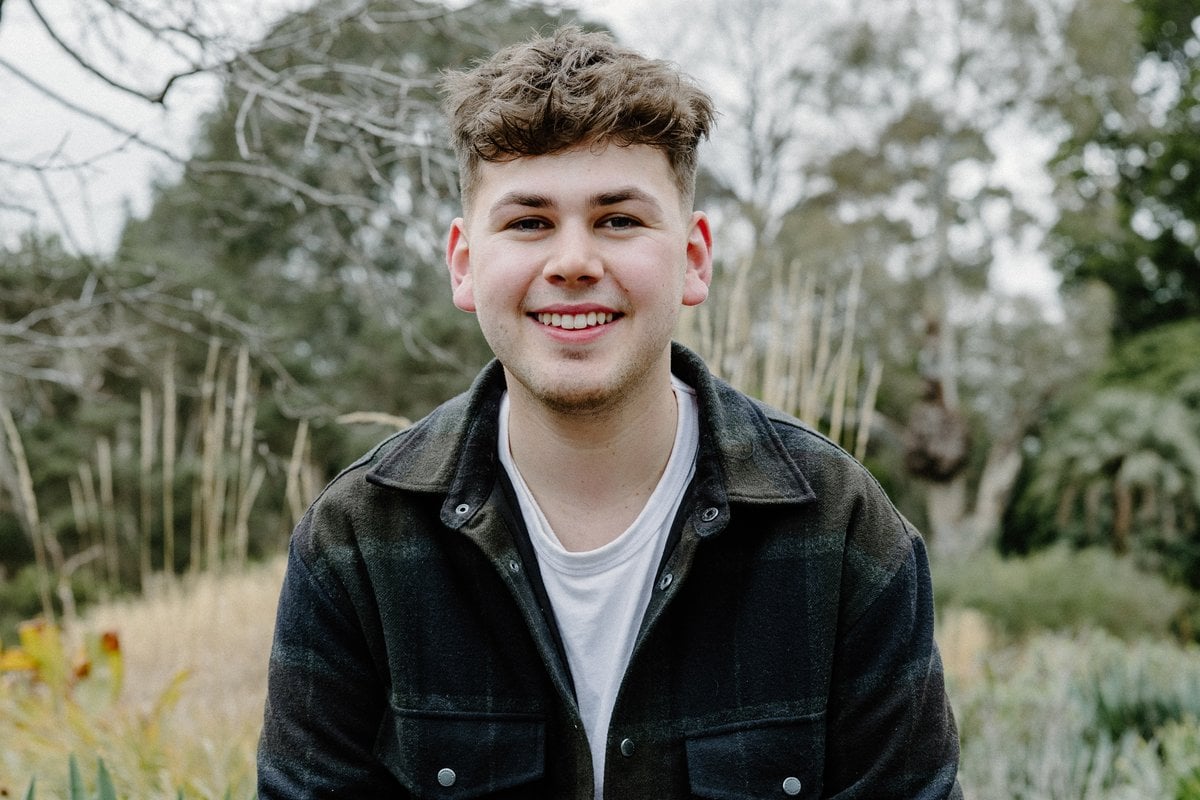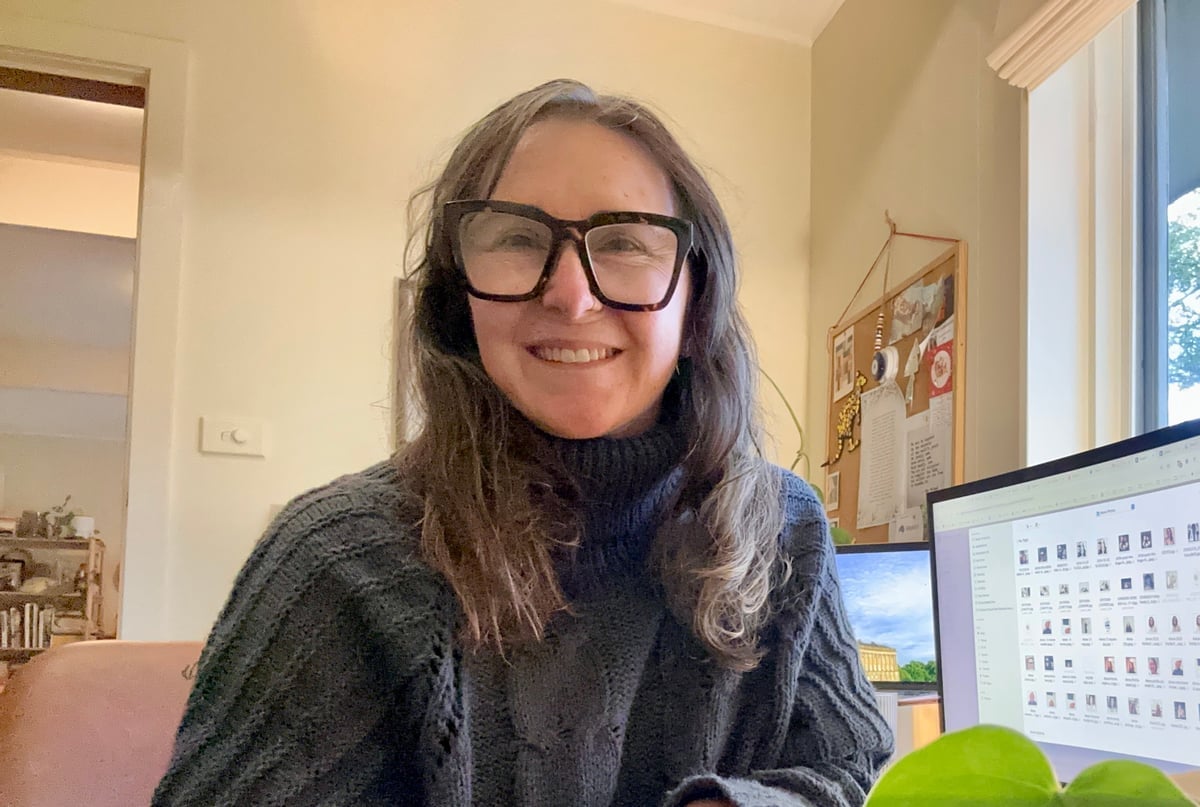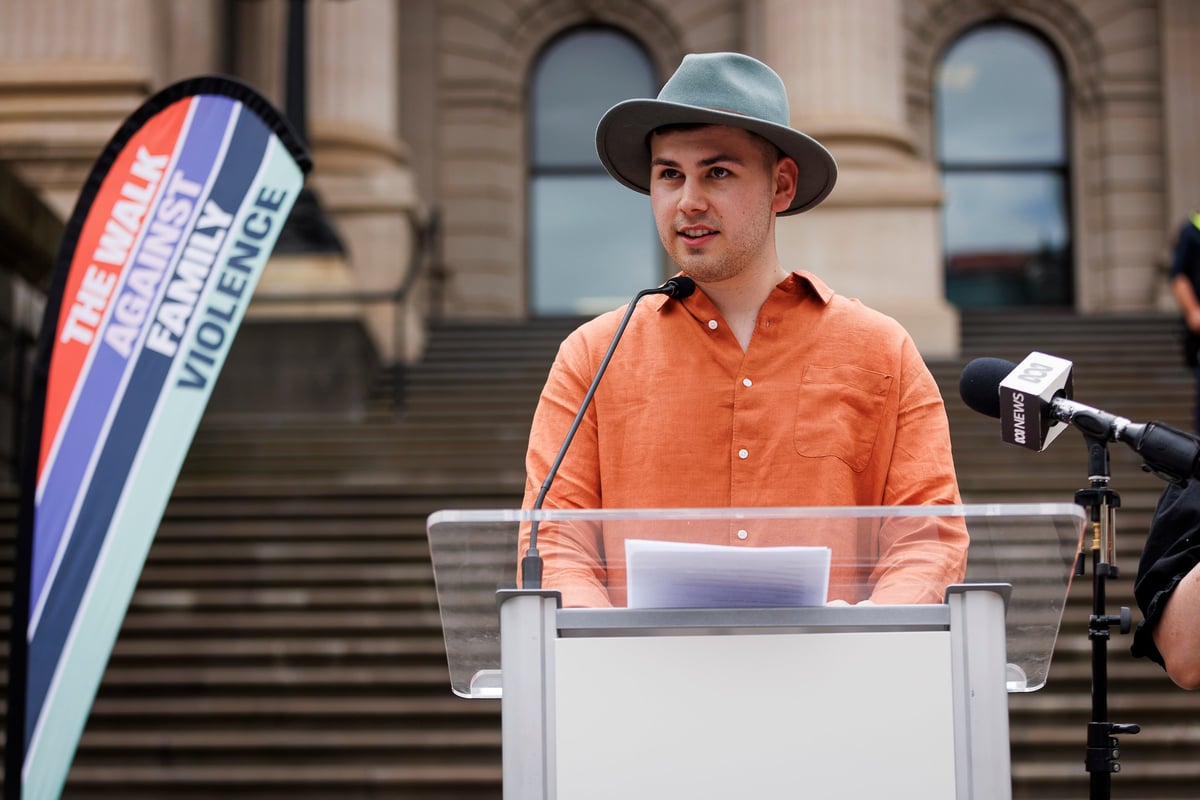
Content warning: This story discusses domestic violence.
Conor Pall can't remember a time during his childhood when his life wasn't plagued by family violence.
The perpetrator, Conor calls The Shadow. The Shadow’s victim—officially—was Conor's mother.
"My earliest memory was when emergency services were called to my home, when I was about eight years old," shares Conor.
When his parents separated, the courts referred to Conor as "the victim’s child", and he was forced to spend time at both homes, despite his pleas to remain with his mother.
"I was never seen as a victim in my own right," says Conor. But he was a victim. Is a victim.
"Having access to kids is not an inherent right any parent should have, but a privilege that should be earned through respect, safety and unconditional love. Today, children are treated as objects that require shared ownership — we're viewed as commodities that too often become weaponised."
Watch: How to recognise coercive control? Article continues after the video.


